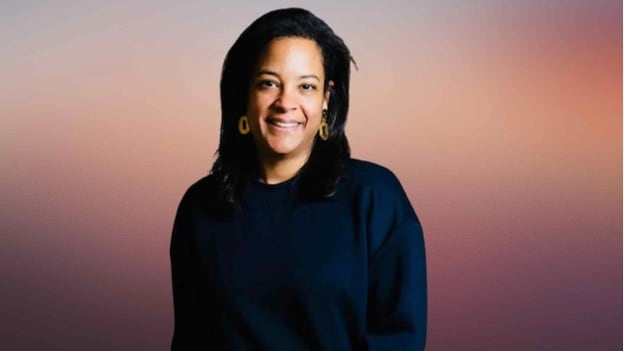Hexaware’s Gwen Kolader on the use of tech in DEI

An organisation cannot imagine itself functioning without the use of technology. In this age of digitalisation, HR leaders have evolved into worktech and data experts.
Technology has come as a boon for them while enhancing their DEI efforts, however, Gwen Kolader, VP - Global Head Diversity, Equity & Inclusion, Hexaware Technologies, believes that conscious use of technology is the need of the hour.
According to her, technology if not used judiciously in DEI efforts may fuel bias and discrimination too. She suggests monitoring the use of technology to ensure fairness while keeping an eye on the privacy and ethics of using this data.
Tech in DEI promotion
Gwen suggests using technology in a way that is inclusive and accessible to all employees, it can serve as a powerful tool to promote diversity and equity in the workplace.
“There has been an increased growth in gamification being used as part of the recruitment process,” says Gwen adding that technology has made it possible for us to connect employees through resource groups, provides training opportunities, improves communication and collaboration, and collects data to measure progress.
Use of AI to address biases
Equipped with the ability to effectively analyse data and identify patterns that help with an objective evaluation of the employees’ performances, strengths, and weaknesses, AI can be leveraged to significantly reduce human biases as it promotes more objective decision-making rather than subjective judgments.
Potential ethical concerns of tech in DEI
It is a must to watch for unexpected adverse effects that can occur due to the increased use of technology. “To tackle these, we’ll have to set clear data rules, involve diverse voices, check for biases, educate everyone, maintain open communication, and seek expert advice. This way, we can harness the power of technology, promoting a fair and inclusive workplace while avoiding pitfalls,” explains Gwen.
The evolving role of tech in the future
Tech will continue to play a more personalised and precise role in promoting diversity, fairness, and inclusion at work. The advancement in technology may allow us to create a certain level of experience to walk in each other's shoes, learning about different cultures in a more immersive way, she adds.
“With the increased use of tech, we also need to think about the privacy and ethics of using this data. Lastly, instead of standalone tools, we'll likely see more integrated solutions that cover all aspects of diversity, fairness, and inclusion at work.”
















